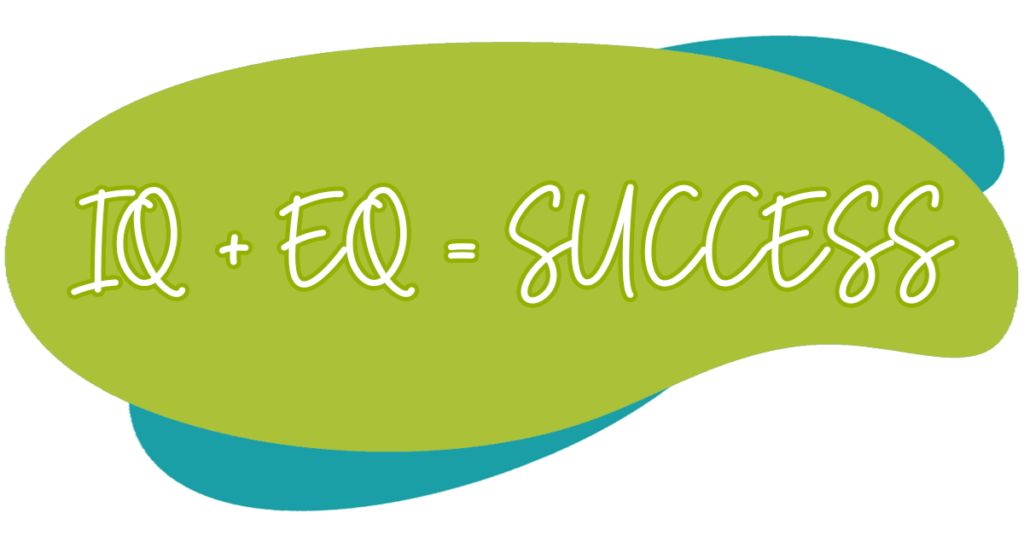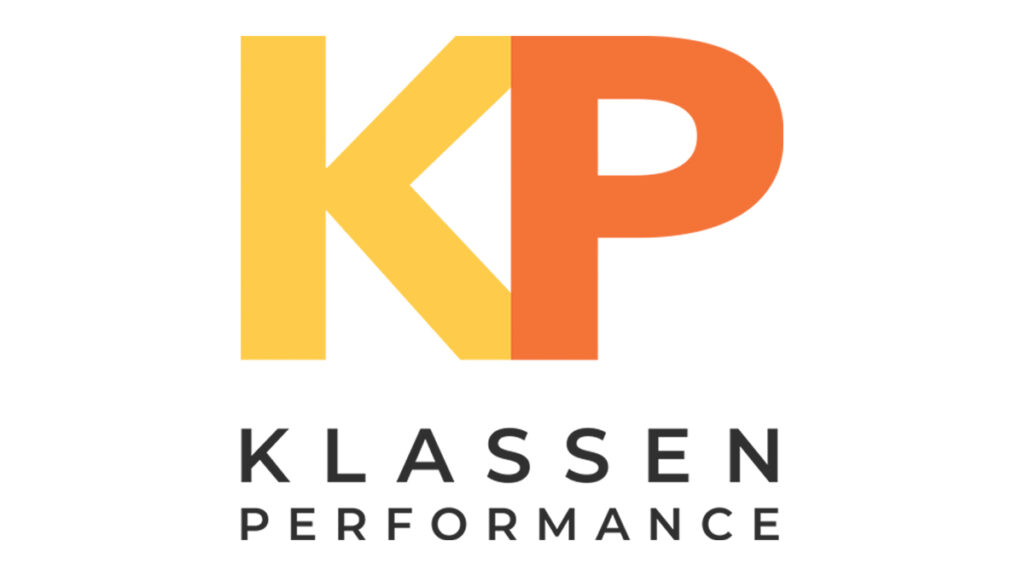
Emotional Intelligence is the key differentiator that sets the best leaders apart from the rest.
“Emotional Intelligence accounts for nearly 90% of the differences between star performers and average performers in leadership positions.”
Daniel Goleman
This isn’t to say that IQ isn’t important; it is. There is a certain level of intellectual ability required for every position. Beyond that, it is the ability to understand and work with others that sets the best leaders apart and leads to success. That is where emotional intelligence comes in. Leaders who think they can succeed by relying soley on their intellect are missing a huge opportunity.
The reason emotional intelligence has such a significant impact on success is because leaders with strong EQ:
- Demonstrate interpersonal skills that earn them respect and enable them to effectively influence, implement change, negotiate, manage conflict, and bring people together to accomplish goals.
- Keep cool under pressure and quickly bounce back from setbacks.
- Manage impulses and keep a steady long-term focus.
- Set the most effective emotional tone during meetings and interpersonal conversations.
- Actively listen and understand others’ needs and motivations.
- Express emotions productively and elicit emotions when needed.
- Understand how emotions impact their decision-making and problem-solving and consciously use emotional data to increase their effectiveness.
- Accurately read emotional cues from others and discern how what they say and do impacts others.
Consider how important all of this is for the safety manager who needs to eliminate accidents, the sales person who needs to increase sales, the leader in a constantly changing culture, or the manager who wants to advance.
The good news is that unlike IQ that remains relatively stable over time, EQ can be developed. When you consider all of the skills emotional intelligence impacts, how can you afford not to develop it?







